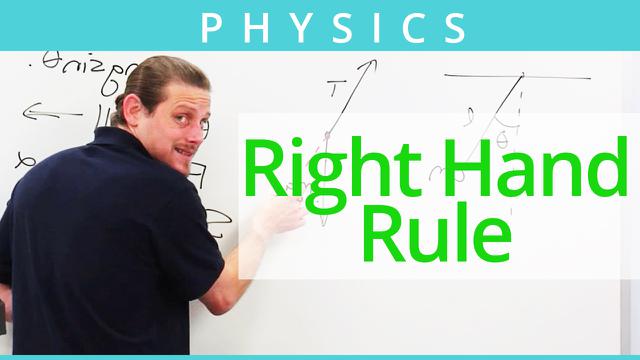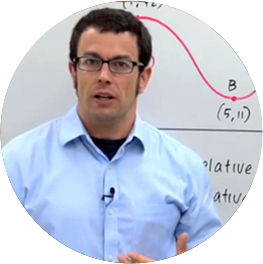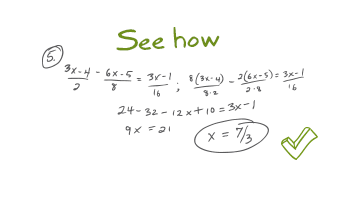Learn Math, Science, English & Test Prep from expert teachers
 Physics
Physics
 Algebra
Algebra
 Chemistry
Chemistry
 Biology
Biology
We find the best teachers in the world and create high quality videos of them teaching. All of our teachers have Masters degrees or Ph.Ds and years of teaching experience. What does that mean? They’re masters of their subjects and know where students make mistakes.

Alissa Fong
M.A.,Stanford University
胡说,斯坦福大学

Brian McCall
B.S.,University of Wisconsin
J.D., University of Wisconsin Law School

Norm Prokup
博士.,University of Rhode Island
B.S.,Cornell University

Carl Horowitz
B.S.,University of Michigan
We only work with all-star teachers with fun and engaging personality
Meet our teachers
| Math subjects | Concept explanations | Sample problems |
|---|---|---|
| Pre-Algebra | 71 concepts | 189 problem videos |
| Algebra | 114 concepts | 670 problem videos |
| Geometry | 145 concepts | 302 problem videos |
| Algebra 2 | 156 concepts | 812 problem videos |
| Trigonometry | 52 concepts | 140 problem videos |
| Precalculus | 199 concepts | 700 problem videos |
| Calculus | 59 concepts | 161 problem videos |
Students spend much more time in math than the other subjects. That's why we've built the most comprehensive math video library on the Internet. Brightstorm math videos cover from Pre-Algebra through AP calculus, consisting of 796 concept explanation videos & 2,974 sample problem videos. You'll not only learn all the important topics but also step-by-step solutions to popular problem types you often find in your homework or exams.
7 years
since 2007
12,000,000 users
from 120 countries
800 schools
in the U.S
Since founded in 2008, we've focused on one goal - providing more efficient & effective help to students and teachers. Our website has changed several times, but our goal never has. We were very new to online education industry when we started, but 12,000,000 users helped us continue to improve our content and service as well as 800 schools who have used Brightstorm. We'll work hard to be the best study-help website any high school student can find.

“All the tutors are great. Especially, NORM PROKUP(Calculus) stands out - he is a mathematical genius, a pedagogical dynamite, he has been a catalyst in my upward progress in Trig and Precalculus, moving my grade with the speed of light from "c" to "A".”
Samuel Dairo, Member since Jan. 2014

“Brightstorm's fun and quirky videos have really helped me transfer what I've learned into the classroom directly into results on tests and quizzes. Their test prep vids are a great alternative to expensive and time-consuming tutors and tedious online classes. Brightstorm has really helped me achieve a bright future!”
Sami Von Gober, Member since Oct. 2013
Our easy-to-use test prep packages are packed with brain-sharpening videos, full-length practice tests and personalized, thorough post test-reports. We've got you covered from start to finish!
Do you know someone who can answer your questions like "how can I get better grades?", "what subject should I take next year?", "which college can I apply?"?
Success in high school relies on how you plan it. Get advice from a renowned counselor who has helped hundreds of students succeed in high school and college admissions.